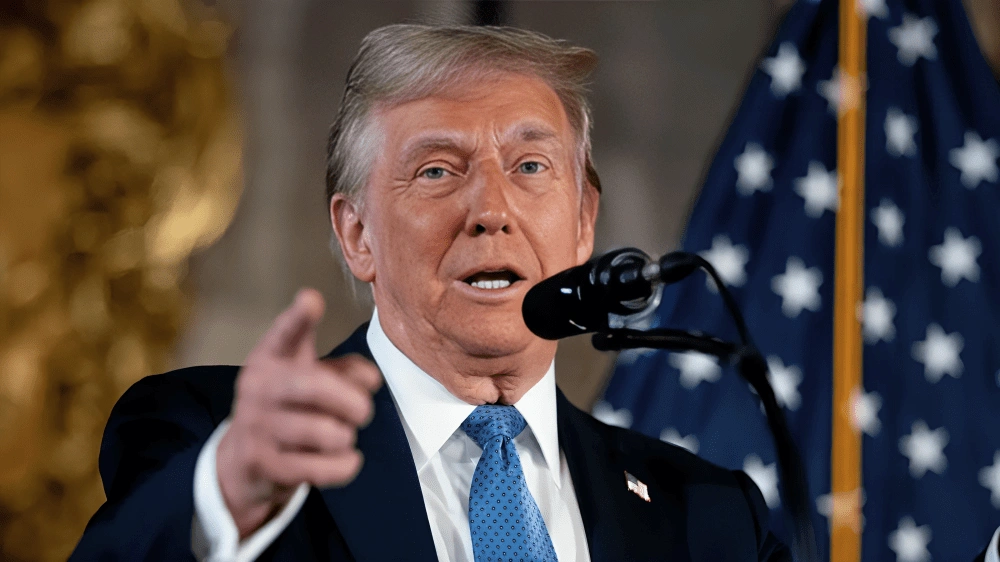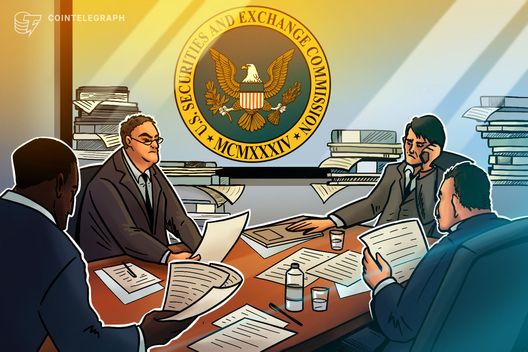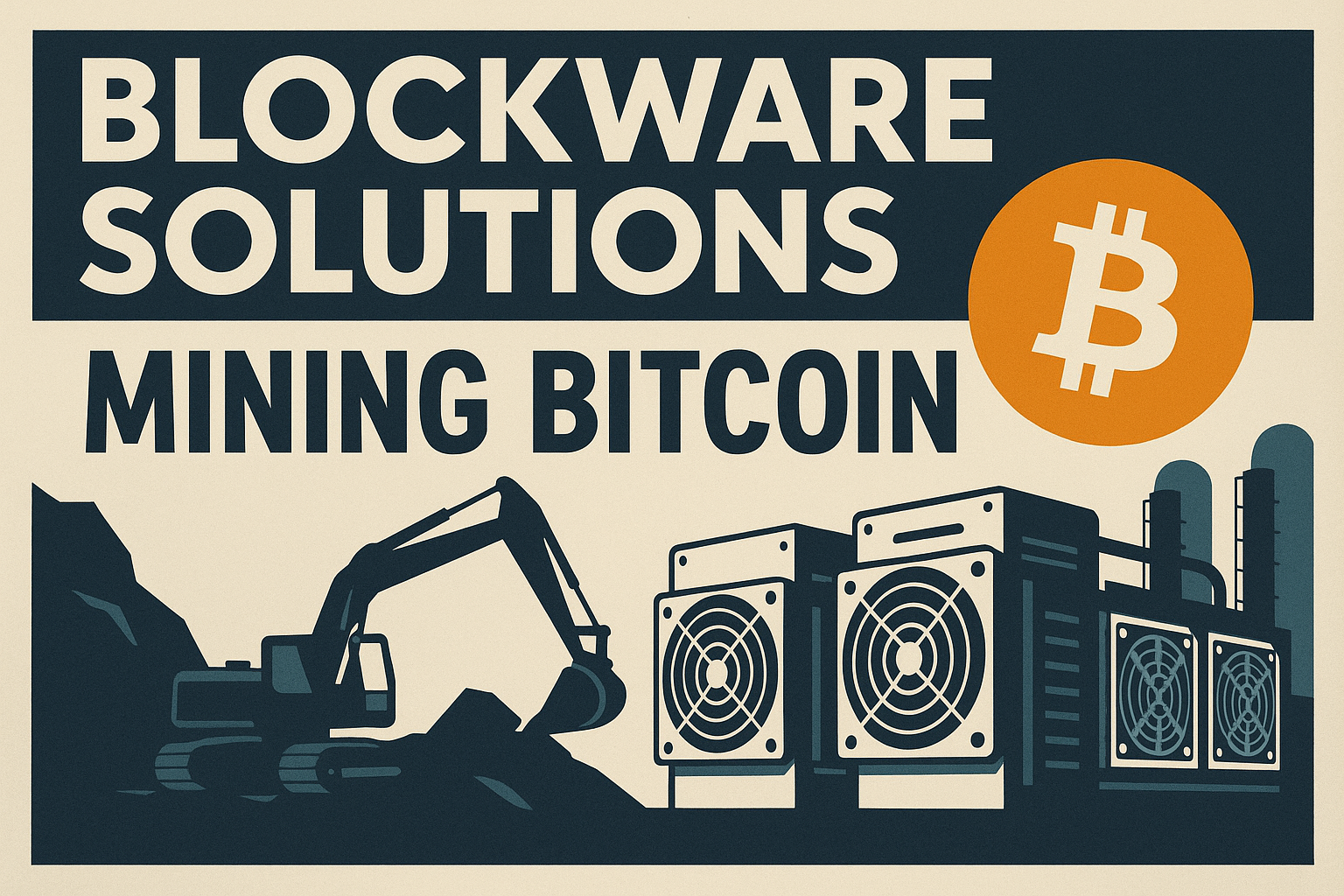Regulation News

El Salvador Proposes Cross-Border Crypto Sandbox to U.S. SEC

US TikTok Ban: When Could It Happen and Can Trump Save It?
Latest News
US SEC Delays Decision on Polkadot and Hedera Spot ETFs
ECB Warns of Financial Contagion from U.S. Crypto Expansion
Learn
Geo-tagged NFT
Geo-tagged NFTs are blockchain-based digital assets tied to specific geographic locations, enabling unique location-based ownership and experiences.
Settlement Layer in Blockchain
The settlement layer in blockchain ensures secure transaction validation, finality, and record-keeping, serving as the foundational ledger for operations.
Bitcoin and Crypto Paper Wallet
A Bitcoin or crypto paper wallet is a printed document containing private keys and addresses, enabling secure offline asset storage.
Volatility in Cryptocurrency
Cryptocurrency volatility refers to rapid price fluctuations driven by market speculation, low liquidity, regulatory news, and evolving investor sentiment.
Regulation News
Altcoin Feed

Here’s what happened in crypto today
Need to know what happened in crypto today? Here is the latest news on daily trends and events impacting Bitcoin price, blockchain, DeFi, NFTs, Web3 and crypto regulation.
Published: 3 hours ago

Kalshi ‘ready to defend’ prediction markets amid Massachusetts lawsuit
In comments to Cointelegraph, Kalshi claimed that Massachusetts is “trying to block Kashi’s innovations by relying on outdated laws."
Published: 1 day ago

Coinbase files legal motion over Gensler, SEC missing text messages
Legal representatives for Coinbase filed a motion for a legal hearing and potential remedies after the SEC failed to comply with FOIA requests.
Published: 1 day ago

UK trade groups urge government to include blockchain in US tech cooperation
A coalition of UK trade groups has urged the government to include blockchain and digital assets in its planned “Tech Bridge” collaboration with the US.
Published: 1 day ago

Dogecoin price rises despite latest delay of US DOGE ETF launch
Dogecoin gained around 4% to reach $0.26 despite Bloomberg’s Eric Balchunas reporting that the first US DOGE ETF faces another delay.
Published: 2 days ago

Ripple vs. SEC: How the lawsuit strengthened XRP’s narrative
Learn how the SEC lawsuit that threatened XRP’s existence has turned into the cryptocurrency’s biggest strength in 2025.
Published: 2 days ago

US court to hear arguments for Sam Bankman-Fried’s appeal on Nov. 4
Almost two years after Sam Bankman-Fried was sentenced to 25 years in prison for his role in the downfall of crypto exchange FTX, the former CEO's lawyers will return to court.
Published: 2 days ago

Chinese firms may face limits on stablecoin activity in Hong Kong: Report
Chinese regulators are reportedly preparing to restrict mainland state-owned enterprises and banks from pursuing stablecoin and crypto initiatives in Hong Kong.
Published: 3 days ago

Regulated multicurrency stablecoins will end the dollar's crypto monopoly
Dollar stablecoins control crypto’s financial rails, but regulated euro, yen and yuan alternatives are emerging to challenge the USD’s onchain monopoly.
Published: 3 days ago

UK petition for blockchain innovation gains traction after Coinbase push
The petition, made in July, reached more than half of the required signatures for a government response after Coinbase sent out a push notification to its users.
Published: 3 days ago

From 55% to 20%? How Japan plans to fix its crypto tax rules
From harsh 55% taxes to a flat 20%, Japan’s crypto overhaul promises relief for investors in a bid to boost Web3 innovation.
Published: 3 days ago

Zodia Custody ends Japan venture with SBI in ‘mutual decision’
Standard Chartered-backed Zodia Custody has exited its Japan venture with SBI Holdings after two years, with both firms calling the move a strategic realignment.
Published: 3 days ago

Nepalis rush to Jack Dorsey’s bitchat amid violent corruption protests
Thousands of Nepalis turned to Jack Dorsey’s Bluetooth mesh network messaging app in response to the government’s social media ban, which has since been lifted.
Published: 3 days ago

Prospective CFTC chair releases private texts with Winklevoss twins, hours before IPO
The text chain revealed questions the Gemini co-founders sent Brian Quintenz in July that signaled they were looking for certain assurances regarding enforcement actions.
Published: 3 days ago

SEC delays BlackRock, Franklin Templeton crypto ETF decisions
The SEC has extended deadlines for crypto funds tracking Solana and XRP, along with proposals targeting Ether staking.
Published: 3 days ago

Alabama state senator warns GENIUS Act could harm small banks
Sate Senator Keith Kelley of Alabama echoed concerns made by some banking groups after the passage of the GENIUS Act in July.
Published: 3 days ago

REX-Osprey crypto ETFs to launch Friday barring SEC objection — Bloomberg analyst
REX and Osprey clear the SEC’s 75-day window with multiple crypto ETFs poised to debut, even as regulators push back decisions on rival Ether, Solana and XRP products.
Published: 3 days ago

US Senate committee advances Trump’s ‘crypto-friendly’ Fed pick
Stephen Miran has made few public statements on crypto or blockchain, but signaled in interviews before joining the Trump administration that he would support digital assets.
Published: 3 days ago

EU Chat Control hinges on Germany’s decision
The EU’s proposed Chat Control law is just short of the critical support it needs to pass in the EU Council, and Germany could change the balance.
Published: 3 days ago

Reserve Bank of India says crypto rules risk legitimizing sector: Report
India is reportedly delaying comprehensive crypto regulation as its central bank warns rules could legitimize digital assets and create systemic risks.
Published: 3 days ago



















